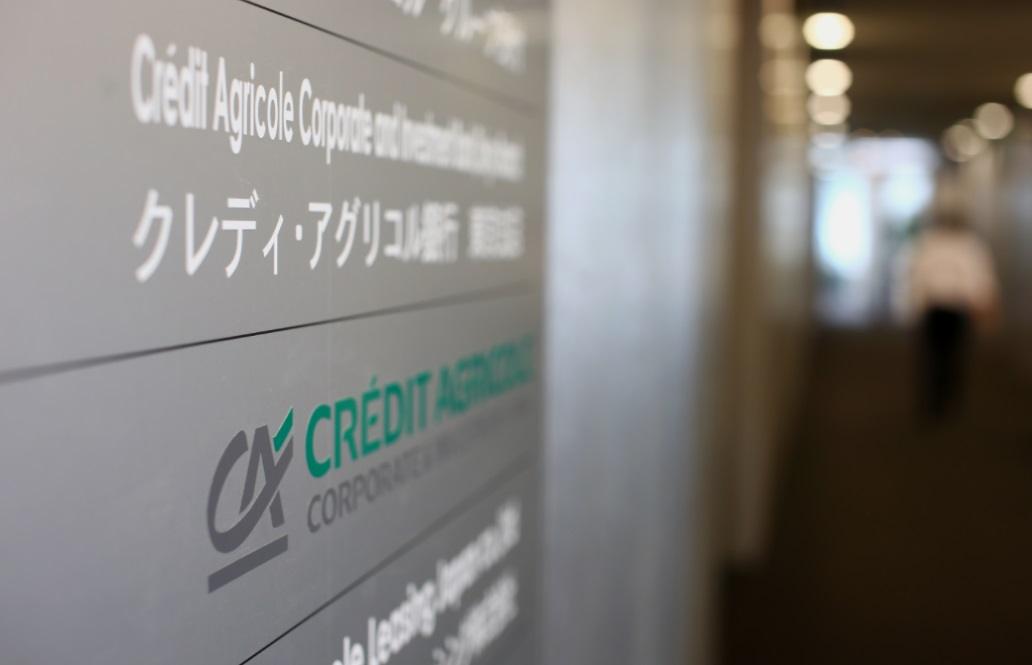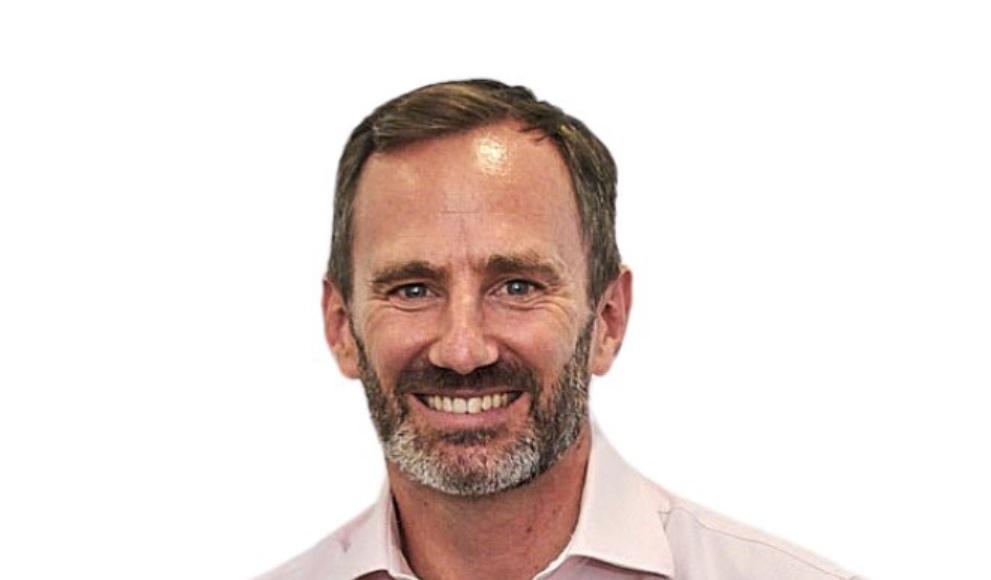Crédit Agricole CIB Expands Sustainable Finance Policies, Appoints Tanguy Claquin Global Head of Sustainability
Crédit Agricole CIB, the corporate and investment banking arm of Crédit Agricole Group announced today an expansion of its climate-focused financing policies, adding to its list of heavily polluting sector exclusions, and committing to increase its exposure to non-carbon energies.
New exclusions introduced today by Crédit Agricole CIB will see the bank ending financing for projects directly related to shale oil, shale gas and oil from tar sands, or companies whose exploration and production of these energies represent more than 30% of their activities. The company also expanded its Arctic region-based exclusions from oil projects to now include new gas projects as well, and extended the range covered by the policy as well.
Crédit Agricole CIB also announced policies aimed at aligning its strategy with its commitments under the Net Zero Banking Alliance, with new targets to reduce exposure to upstream production of oil by 20% by 2025, and to increase exposure to non-carbon energies by 60% by 2025, focusing primarily on financing renewable energies.
The bank also announced the appointment of Tanguy Claquin as Global Head of Sustainability, and the expansion of its Sustainable Investment Banking team with the creation of a Climate & Sustainability Strategy team, which will focus on the energy transition and decarbonisation of Crédit Agricole CIB. Claquin has been with Crédit Agricole CIB since 2010, and has been serving as Head of Sustainable Banking.
Jacques Ripoll, Crédit Agricole CIB Chief Executive Officer, said:
“I am convinced that we all have a personal responsibility in the fight against global warming, for ourselves and future generations. This conviction is at the heart of the Crédit Agricole Group values. As Crédit Agricole CIB CEO and as an individual, I will continue to promote these initiatives and commitments enabling us to actively contribute to positive change. We will continue to act in the interest of our clients and the society, especially by supporting their energy transition.”





